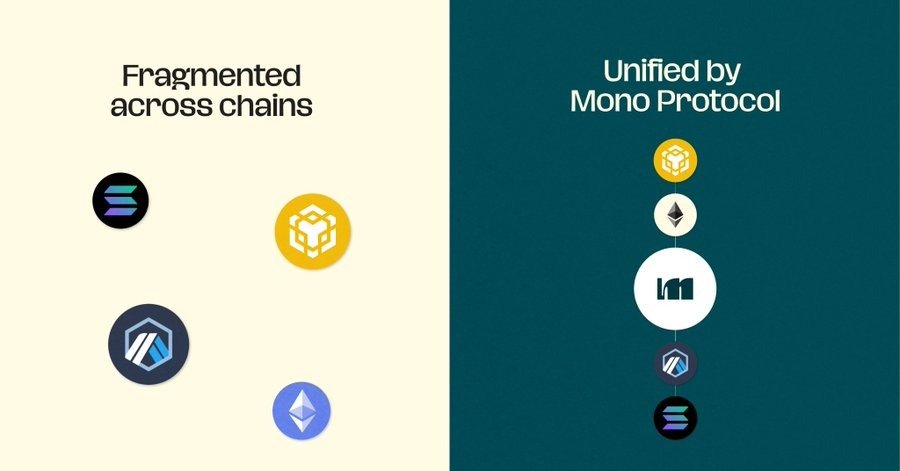DOGE Questioned as a Security in Musk’s Class-Action Lawsuit

Key Takeaways
- DOGE investors issued a third amended complaint in their class-action lawsuit against Elon Musk.
- The complaint includes market manipulation because of tweets, insider trading and calling DOGE a security.
Share this article
Elon Musk, CEO of Tesla and owner of Twitter, was issued a third amended complaint in his class-action lawsuit, which introduces new allegations centered around DOGE manipulation and insider trading.
According to the investors’ filing in the United States District Court for the Southern District of New York on May 31, Musk exploited his extensive social media following on Twitter and leveraged his media appearances to capitalize on trades involving DOGE. They claim that his actions “wildly manipulated the market for the Dogecoin cryptocurrency,” resulting in personal gains while negatively impacting other investors.
The complaint specifically points to Musk’s use of Twitter, where he shared tweets and changed the platform’s logo to the Dogecoin logo. These actions allegedly triggered significant price spikes in the token, benefiting Musk’s positions at the expense of fellow investors:
“After this case was filed Musk tweeted to his 100 million followers, ‘I will continue to support Dogecoin,’ and the next business day after filing a motion to dismiss in the instant case Musk changed the Twitter blue bird logo to the Dogecoin Shiba Inu logo for three days, spiking the price of Dogecoin 30%.”
The initial lawsuit was filed in June 2022, prior to Musk assuming the CEO role at Twitter, but has since undergone multiple amendments to reflect his subsequent actions. The third amended case file stated that the investors seek to include allegations of insider trading by Musk and argue that Dogecoin should be classified as a security under the regulations of the U.S. Securities and Exchange Commission, with the docket stating:
“The purchase and sale of Dogecoin is a transaction or scheme involving the issuance of Dogecoin virtual units (‘tokens’ or ‘coins’) to participants in exchange for investment of money.”
The amended lawsuit characterizes the situation as a securities fraud class-action case, accusing Musk of “hijack[ing] an emergent pop-culture phenomenon to cross-promote himself and his companies.” The investors stated that Musk took advantage of the “earnest hopes of vulnerable Americans,” including war veterans, blue-collar workers and the elderly, all the while building his already bloated wealth.
Musk has been using his Twitter platform, which boasts millions of followers, to express his thoughts on DOGE. Here is his first tweet about DOGE in 2019:
Dogecoin might be my fav cryptocurrency. It’s pretty cool.
— Elon Musk (@elonmusk) April 2, 2019
Share this article
Key Takeaways
- DOGE investors issued a third amended complaint in their class-action lawsuit against Elon Musk.
- The complaint includes market manipulation because of tweets, insider trading and calling DOGE a security.
Share this article
Elon Musk, CEO of Tesla and owner of Twitter, was issued a third amended complaint in his class-action lawsuit, which introduces new allegations centered around DOGE manipulation and insider trading.
According to the investors’ filing in the United States District Court for the Southern District of New York on May 31, Musk exploited his extensive social media following on Twitter and leveraged his media appearances to capitalize on trades involving DOGE. They claim that his actions “wildly manipulated the market for the Dogecoin cryptocurrency,” resulting in personal gains while negatively impacting other investors.
The complaint specifically points to Musk’s use of Twitter, where he shared tweets and changed the platform’s logo to the Dogecoin logo. These actions allegedly triggered significant price spikes in the token, benefiting Musk’s positions at the expense of fellow investors:
“After this case was filed Musk tweeted to his 100 million followers, ‘I will continue to support Dogecoin,’ and the next business day after filing a motion to dismiss in the instant case Musk changed the Twitter blue bird logo to the Dogecoin Shiba Inu logo for three days, spiking the price of Dogecoin 30%.”
The initial lawsuit was filed in June 2022, prior to Musk assuming the CEO role at Twitter, but has since undergone multiple amendments to reflect his subsequent actions. The third amended case file stated that the investors seek to include allegations of insider trading by Musk and argue that Dogecoin should be classified as a security under the regulations of the U.S. Securities and Exchange Commission, with the docket stating:
“The purchase and sale of Dogecoin is a transaction or scheme involving the issuance of Dogecoin virtual units (‘tokens’ or ‘coins’) to participants in exchange for investment of money.”
The amended lawsuit characterizes the situation as a securities fraud class-action case, accusing Musk of “hijack[ing] an emergent pop-culture phenomenon to cross-promote himself and his companies.” The investors stated that Musk took advantage of the “earnest hopes of vulnerable Americans,” including war veterans, blue-collar workers and the elderly, all the while building his already bloated wealth.
Musk has been using his Twitter platform, which boasts millions of followers, to express his thoughts on DOGE. Here is his first tweet about DOGE in 2019:
Dogecoin might be my fav cryptocurrency. It’s pretty cool.
— Elon Musk (@elonmusk) April 2, 2019
Share this article
Be the first to write a comment.



